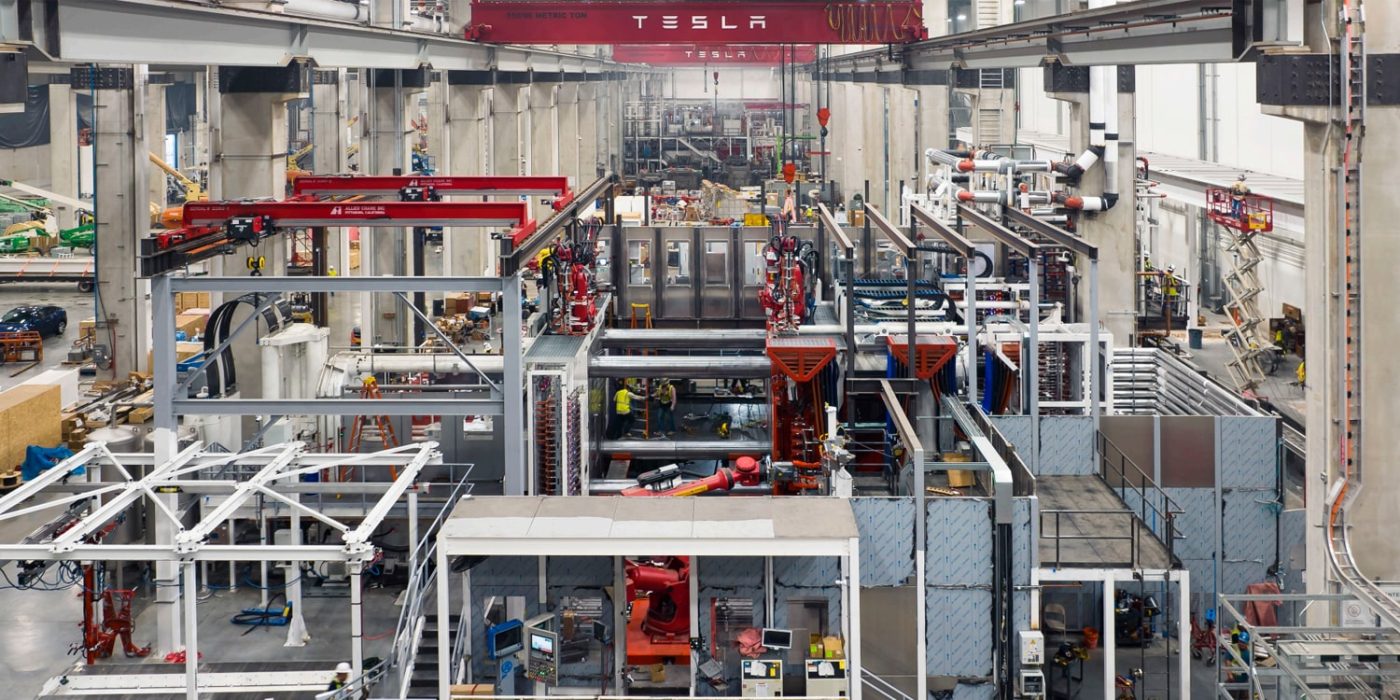India wants to attract EV manufacturers with customs discount
The new directive is an incentive for well-known global EV manufacturers to invest. According to Reuters, the directive will take effect immediately and reflect Tesla’s long lobbying efforts. The Texan manufacturer will be particularly favoured by the subsidy. According to the news agency, local heroes Mahindra & Mahindra and Tata Motors were against the programme until the end and suffered direct stock market losses.
The deal centres on India lowering import taxes on up to 8,000 electric cars (with a price tag of 35,000 euros or more) per year if a car manufacturer commits to investing at least 500 million dollars and starting domestic production within three years. The regulation still includes some sub-criteria for investment and production. What is clear, however, is that India will reduce the tax rate to 15 per cent for a maximum of five years in the right case. The country currently levies a tax of 70 or 100 per cent on imported EVs, depending on their value (from a price limit of the equivalent of 40,000 US dollars). This gives domestic manufacturers a clear advantage.
We invite global companies to come to India. I’m confident India will become an international hub for EV manufacturing, and this will create jobs and improve trade,” Commerce Minister Piyush Goyal is quoted as saying by Reuters.
It was already apparent last summer that India was moving in this direction. The news agency reported at the time that India was considering a significant reduction in import tax for electric cars whose manufacturers were committed to local production. India’s government would thus follow Tesla’s proposal. The Texan electric car manufacturer has been toying with building an EV factory in India for years. Tesla is rumoured to have offered to produce a 24,000-dollar car in a factory yet to be built.
Other manufacturers, such as VinFast, could also benefit from the reduced import tax on EVs. The Vietnamese company began building a factory in the southern state of Tamil Nadu last month. According to Vinfast, the annual capacity will be up to 150,000 units. The manufacturer also recently announced that it is “working towards” a total investment of up to USD 2 billion together with the state government – including a tranche of USD 500 million for the first phase of the project, which will be spread over five years.
India is the third largest car market in the world. According to Reuters, EV sales there only accounted for around 2 per cent of total car sales in 2023. But the trend is rising. Domestic OEMs are critical of opening up of the market. That was likely the reason for the government’s somewhat cautious approach so far.
Other countries have already adapted their tax policies accordingly. Indonesia, for example, is offering EV manufacturers willing to invest the opportunity to altogether abolish import duties of 50 per cent for electric vehicles. The country is looking to attract Chinese companies, and particularly Tesla.





0 Comments